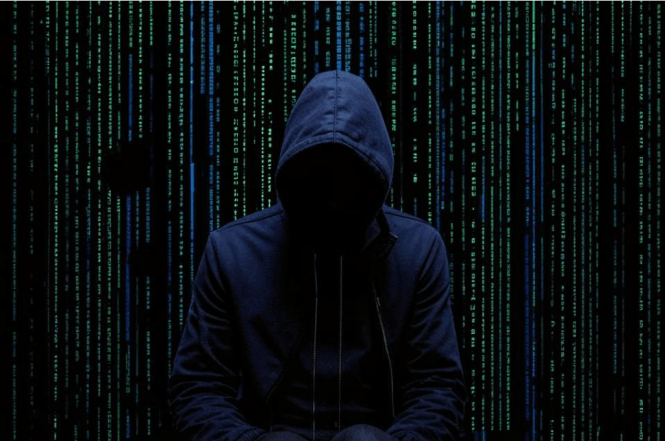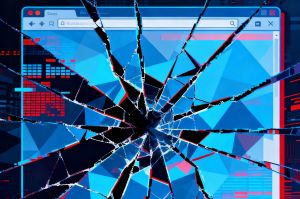 The NPD breach: check your status and protect your money
The NPD breach: check your status and protect your money
On August 12, 2024 the National Public Data breach, also known as the NPD breach, which actually took place in December 2023, was acknowledged officially. The ultimate result thereof was the leaking of approximately 2.9 billion records, including sensitive information such as names, addresses, phone numbers, and Social Security data of citizens.
The said ~2.9 billion records contain the personal data of over 272 million people; they enable identity theft on the scale allowing creation of new accounts with banks, which can mean dire consequences for the victim. Moreover, the exposed information is sufficient to run background checks and collect even more data.
Not that it concerns us, the regular folk, but there's also the reputational damage done to the agency that failed to protect the information. On the other hand, the hit taken by the system in general will definitely have lasting repercussions.
What should I do to protect myself from the fallout of the NPD breach?
Since the most dangerous consequences of the breach have to do with the financial side of life - someone taking loans in your name, essentially - you should set up protections with one of the three credit rating agencies. Before that, check if your personal data were compromised at NPDBreach.com and NPDPentester.com. If they were, proceed as suggested below.
Important: do this check regularly, once a month, for the next year or two (at least), since data leaks tend to be protracted in time.
What to do after the NPD breach: set up credit monitoring
Establish credit monitoring to ensure your personal details are not being misused. This can be done through various credit monitoring services: Credit Karma, Experian, TransUnion, Aura, etc. Sign up for an account with one of them, and find the option to enable the said monitoring.
You also can (and should) request free credit reports from each of the three major credit bureaus (Equifax, Experian, and TransUnion) once a year.
What to do after the NPD breach: initiate a fraud alert
Contact one of the three agencies mentioned above and set up a fraud alert on your account. This alert instructs creditors to contact you before approving any new accounts or modifying existing ones. No need to do this exercise with all three of them, as they share this sort of information with each other.
You can initiate the alert by reaching the agency of choice by phone, online, or by mail. The phone numbers are as follows:
- Equifax: 1-800-525-6285 or 1-888-766-0008
- Experian: 1-888-397-3742
- TransUnion: 1-800-680-7289
To request the alert online, use the respective option in your account. To do this by mail, download the form, fill it in, and send.
What to do after the NPD breach: request a credit freeze
You can freeze your credit file at each of the said agencies to make it next to impossible for identity thieves to legitimately create new accounts in your name. This is considered one of the best safeguards in such cases.
The agency is supposed to process your request within one business day if submitted online or by phone, and within three business days if sent by mail. Placing, lifting, or removing a credit freeze is free, thanks to federal law.
There you have it, the steps to make to ensure you're safe in the wake of the NPD breach. To add a layer of protection at the level of your hardware, consider installing good antivirus software from our catalog:
Antivirus software for Windows
And don't forget your copy of Software Informer, a free updater that keeps your programs always fresh, patched, and secure:



